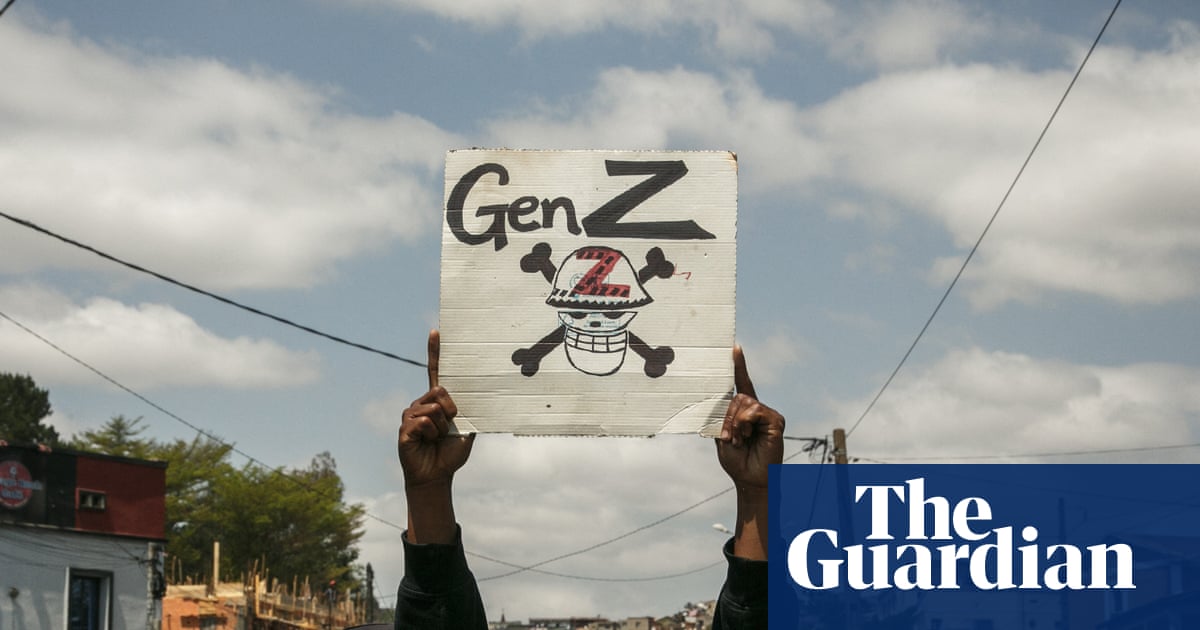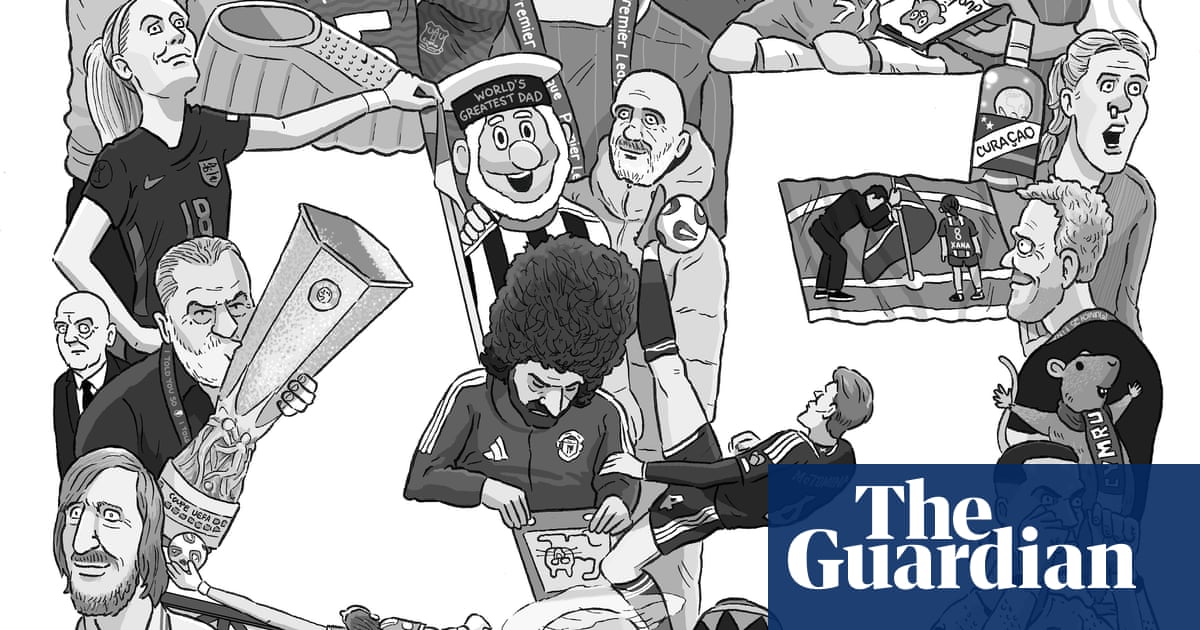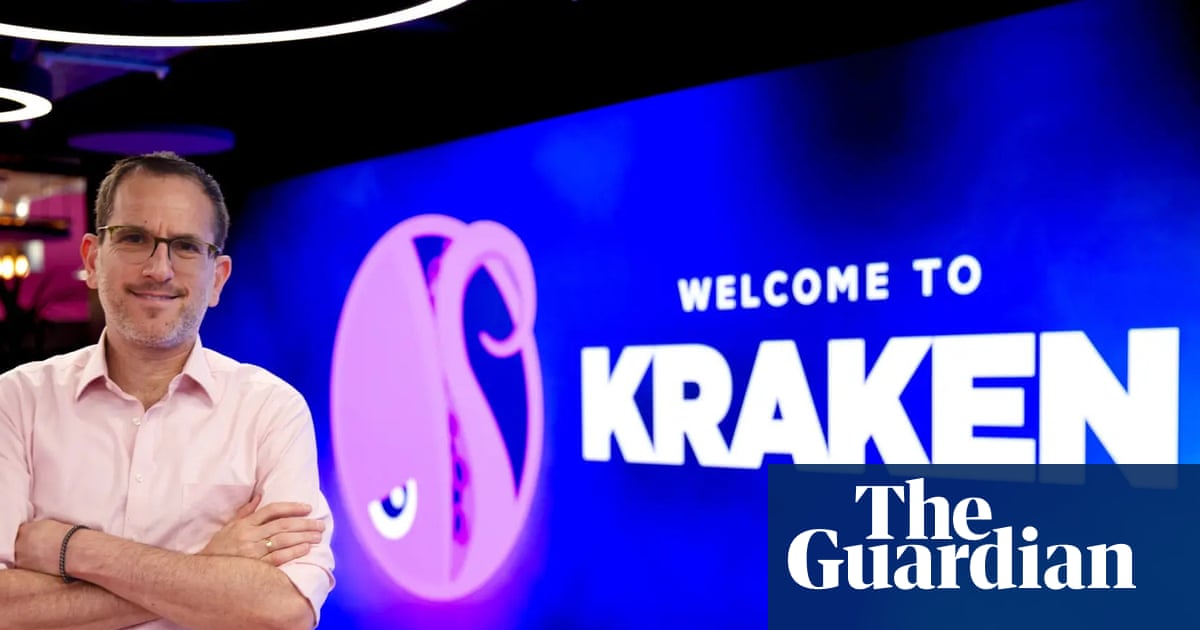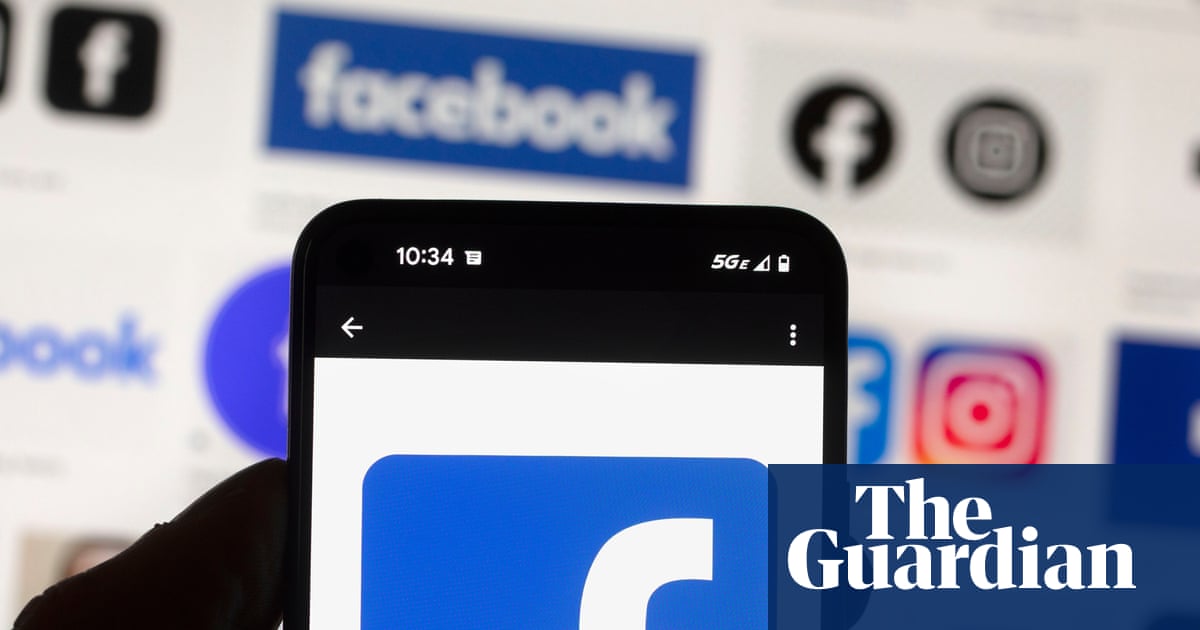Cast your mind back to the furore when the shadow justice secretary, Robert Jenrick, was revealed to have said that he “didn’t see another white face” in the Handsworth area of Birmingham. It was reported as if it would be of real consequence to his political future – but enough time has passed, I figure, to confirm that it was not. Why did some seriously consider this a turning point? Because Jenrick had said something genuinely explicit and unambiguous – no dog whistle, no gesture, no disguise, no metaphor. Though he claimed “it’s not about skin colour”, it was a naked reference to race and an evident rebuke to British communities where there was a predominance of people of colour.
The lack of consequence, however, was unsurprising, because within the public sphere the question of racism has been rigged for quite some time and the rules around who gets to say what about race in Britain have been rewritten. What Jenrick did, then, was to truly test the boundaries by outraging them – and signal what those in public life can now get away with saying after a concerted effort to erode the dignity of public racial discourse. His colleagues have wasted no time in answering this call. Katie Lam, a so-called rising star of the Conservative party, last week called for legally settled families to be deported to make the UK “culturally coherent”. How quickly the goalposts move.
Public discourse on race has never been free from defensiveness, denial and attempts to undermine it. But still, over the years, as the prevailing ideology of the mainstream right has been reconfigured, so too has its approach to race. The old one-nation Tories still bought into a liberal consensus – that there was such a thing as systemic disadvantage against racial minorities, and this was reflected across key areas of policy, from health to justice to education.
David Cameron had no issues publicly discussing racism. If anything, it was a key feature of his modernisation of the right. It even put him at odds with Oxford University when, in stating that the low number of Black students matriculated there was “disgraceful”, he misled on the real figures. He went on to bluntly say that Britain “still has a problem with racism” and work cross-party with David Lammy to tackle racial bias in the justice system. Theresa May didn’t mince her words on race and racism, either: during her time as home secretary, she criticised the police force for being “too white”. May was, to my mind, the only home secretary and prime minister to take seriously the fact that police powers, particularly on stop and search, needed reform because of their misapplication to Black men. Years after her premiership, May would say that she was “woke and proud”.
This is not written in praise of Cameron or May. Austerity politics had a disproportionate impact on minority communities and May’s hostile immigration legacy includes the Windrush scandal, one of the greatest modern injustices against Black Britons (though I wonder how much public outcry there would be if this story broke today). These are deprivations and harms that cannot be forgiven simply because they acknowledged the existence of racism. And yet, they acknowledged it. There was some recognition of reality, and some level of consensus that Britain must work better for Black people and other minorities.
So how did the right shift the dial so drastically that racism became the great unsayable? Well, resentment brewed. The idea that ethnic minorities and particularly Black people were beginning to enjoy some kind of special consideration took hold. In 2012, Linda Bellos, then chair of the Institute of Equality and Diversity Practitioners, warned of this when May looked to jettison parts of the Equality Act – specifically, to repeal a clause that imposed a “socio-economic duty” on authorities. Bellos said: “People will get the impression that black people have additional advantages … because this government walked away from something that could have been beneficial to the white working class.”
Irrespective of this, under austerity and decades of neglect the white working classes, as well as other working-class communities, did get poorer. But the idea of whiteness as an axis of disadvantage was premised on the outcome of white school pupils, who persistently underperformed compared with their peers from other ethnic groups. The idea of a cohesive disaffected “white working class” that was the specific victim of racial injury became popularly deployed by politicians in the late 2010s, sowing division between disadvantaged groups and even driving and obscuring the reality of inequality in certain regions in the UK, particularly after Brexit.
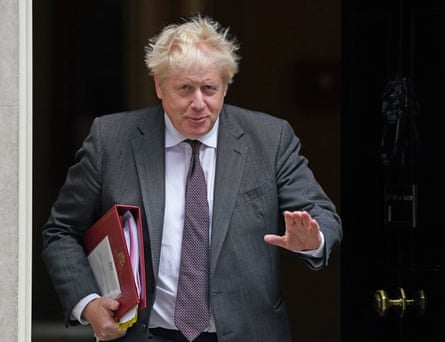
All the while, the mean position of the right in Britain became further entrenched in anti-migrant sentiment, adopting a growing notion that Britain was not working for its “native” population. There was no “white privilege”: in fact, too many privileges and advantages had been conferred on groups that were “other”. The conversation around race and racism became increasingly dislocated from examinations of systemic bias or oppression, and fixated on individuals and the label of “racist” as a means of character assassination. This trend was particularly prominent during Boris Johnson’s premiership, where assessments of his “rightwing provocation” focused on past statements about Muslim women wearing burqas being like “letterboxes”, and language used in a 2002 article referring to “flag-waving piccaninnies” and tribal warriors with “watermelon smiles”. These were unambiguously racist statements. And yet the media obsession with them indicated a narrowing of the discourse on race: it became a question of what someone thinks and feels, which is more difficult to ascertain because few public figures admit to being racist, rather than of the real material effects of racism, which became increasingly marginalised.
So now here we are, in 2025, facing an onslaught of racially charged rhetoric around migration, communities and integration, with the public sphere totally gutted of its faculties to deal with it. That is because racism has become thoroughly detached from “serious” politics. To discuss it is ridiculous, protest-y, an inconvenience. And not a single claim or allegation of racism is allowed to pass without a confected frenzy over how charged it is to even raise the subject. Last month, when the home secretary, Shabana Mahmood, was asked if she thought Nigel Farage was racist, she said that he was “worse than racist” for his dog-whistle politics. On similar lines, Lammy claimed that Farage “flirted with Hitler Youth” as a schoolboy (he was forced to walk back from this statement). What was apparent from the public reaction to these comments was the belief not only that it was wrong to level what has been reduced to a petty, personal jab at a political opponent, but also that it was an unserious matter. Borders, Channel crossings, “Boriswave” migration: those are real areas of concern to British people. What flirtations Farage, or Johnson, have had with racist language are not. And racism is reduced to that: language. Not outcomes in education, health, employment or justice. Of course, within this rigged arena, Jenrick experiences no consequences for talking about a lack of white faces. The question isn’t what discipline he might face but, having come out unscathed, how much further can he go?
after newsletter promotion
This has been one of the key successes of British ultra-conservatives – the question of race can confidently be undermined in the public sphere. It is evidently burdensome for even Keir Starmer – delayed and limp as he was after the summer of riots, and the recent far-right demonstrations in Westminster – to name racism and provide reassurances to people of colour in the UK. Meanwhile, the right has set its sights on burning down any movement for the progress or systemic correction for the outcomes of British minorities. Why else would Rupert Lowe, who was elected the Reform MP for Great Yarmouth and now sits as an independent, be so fixated on the existence of the 10,000 Black Interns Foundation, which provides paid work experience and internships to Black students and graduates? Lowe revels in the word “racism” being stripped of its meaning and power, yet he describes the programme as “racist filth”, and the Spectator backs him up. The reality is that the legal profession continues to suffer from “chronic underrepresentation of Black talent” – but in this inverted reality where “two-tier justice” myths prevail even where there is real, evidenced anti-Black racism in policing, facts are of no relevance.
In this climate, the questioning of British minorities and their belonging is ramping up. Reform MP Sarah Pochin openly complains about adverts being “full of Black people, full of Asian people” (she later apologised, but maintained that these adverts were “unrepresentative of British society”). As Oxford addresses its underrepresentation of Black students, the Telegraph investigates the university and accuses it of “social engineering”. Multicultural Britain is “yookay”, a corruption of the social order caused by successive generations of migrants. In the summer, GB News vox-popped a Black autistic man, humiliating him for his lack of knowledge of British history. This was seen as a step too far, and even condemned by Tommy Robinson. Yet it was another means of testing the boundaries of acceptable discourse. What is practised on the fringes soon becomes mainstream. And it doesn’t take long. At Tory conference, Jenrick targeted Lammy for getting his Tudor history wrong and not knowing which blue cheese paired with port. We may soon all face these questions about whether our values and knowledge are compatible with this nation.
-
Jason Okundaye is an assistant newsletter editor and writer at the Guardian. He edits The Long Wave newsletter and is the author of Revolutionary Acts: Love & Brotherhood in Black Gay Britain

 2 months ago
54
2 months ago
54
